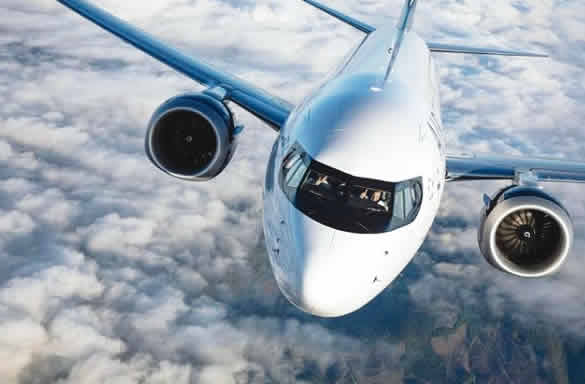A Year of Turbulence: Nigeria’s Aviation Industry Grapples with Safety Concerns
The year 2024 has been a particularly challenging one for the Nigerian aviation industry, marked by a series of near-crash incidents and accidents that have raised serious safety concerns among travelers. From runway excursions to engine fires and mid-air emergencies, these incidents have shaken public confidence and prompted calls for increased regulatory oversight and improved safety protocols. The string of events began with a fatal helicopter crash in January 2024, followed by a series of incidents involving commercial airlines like Dana Air, XeJet Airlines, Air Peace, Max Air, and United Airlines. These incidents involved various technical malfunctions, runway mishaps, and engine failures, highlighting systemic issues within the industry.
The frequency and nature of these incidents have understandably unnerved passengers, some of whom have opted for road travel despite its own inherent risks. Others have expressed their anxiety and resorted to prayer before boarding flights, reflecting a growing sense of unease about air travel in Nigeria. Passengers recount harrowing experiences of sudden drops in altitude, loud bangs, and emergency landings, underscoring the very real dangers they faced. These personal accounts paint a vivid picture of the fear and uncertainty surrounding air travel in the country. The recurrence of incidents involving Max Air, specifically, has led to its temporary suspension by the Nigerian Civil Aviation Authority (NCAA), emphasizing the regulator’s commitment to addressing safety concerns.
Experts and industry professionals have voiced their opinions on the root causes of these repeated issues. Many point to the deteriorating state of airport infrastructure, particularly outdated runways with potholes that pose significant risks to aircraft. The Managing Director of the Federal Airports Authority of Nigeria (FAAN) has acknowledged the need for extensive rehabilitation work, estimating a cost of over N580 billion. Beyond infrastructure, experts have also criticized the NCAA for perceived incompetence and inadequate surveillance of airline operations. Concerns have been raised about the effectiveness of regulatory oversight, with calls for more frequent and rigorous audits of airlines. There is a strong sentiment that a proactive approach is needed, rather than the reactive measures that seem to be the current norm.
Former Rector of the Nigerian College of Aviation Technology, Capt. Samuel Caulcrick, has been particularly vocal in his criticism of the NCAA, advocating for voluntary suspensions by airlines facing operational challenges and urging the regulatory body to strengthen its surveillance capabilities. He emphasizes the importance of ongoing field presence and regular audits to ensure compliance with safety standards. Other experts, like Capt. Muhammed Badamasi, have echoed these concerns, calling for a holistic approach that addresses the multi-faceted problems plaguing the industry. Badamasi highlights the need for regular workshops and a collaborative effort involving all stakeholders to improve safety standards and ensure that incidents are thoroughly investigated and addressed. He pointedly compares the efficient emergency response seen in other countries to the perceived lack of preparedness in Nigeria.
The NCAA, however, has sought to allay public fears, assuring Nigerians that they are actively working to enhance safety measures. The agency points to previous suspensions of airlines and the recent implementation of new sanctions as evidence of their commitment to regulatory oversight. They highlight that incidents are not unique to Nigeria and emphasize their ongoing efforts to improve safety standards. While acknowledging the challenges, the NCAA maintains that they are continuously evolving and developing their regulatory framework to address these complex issues. They also emphasize the internal audit responsibilities of airlines, a crucial element of ensuring safe operations.
The National Association of Nigeria Travel Agencies (NANTA) has also weighed in on the matter, urging all stakeholders to prioritize safety for the sake of the traveling public. They emphasize the importance of restoring confidence in air travel and advocate for a collaborative approach to address these critical safety concerns. The collective voices of passengers, experts, and industry bodies underscore the urgency of the situation and the need for decisive action to improve safety standards and restore public trust in Nigeria’s aviation sector. The coming months will be crucial in determining whether the implemented measures are sufficient to address the systemic issues and prevent further incidents.


